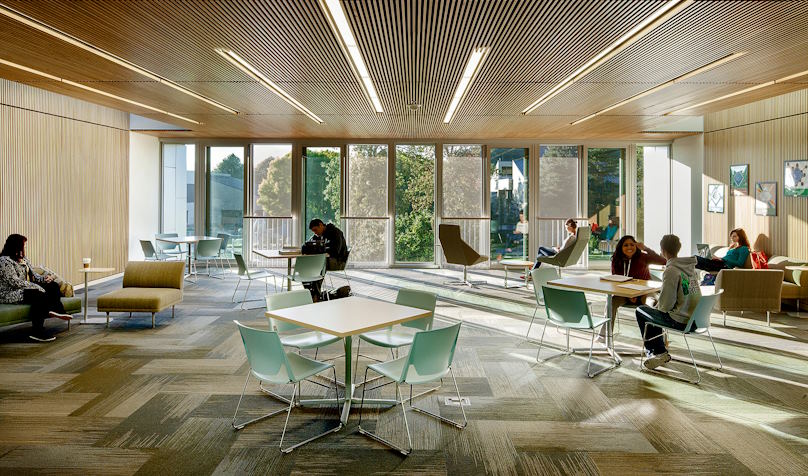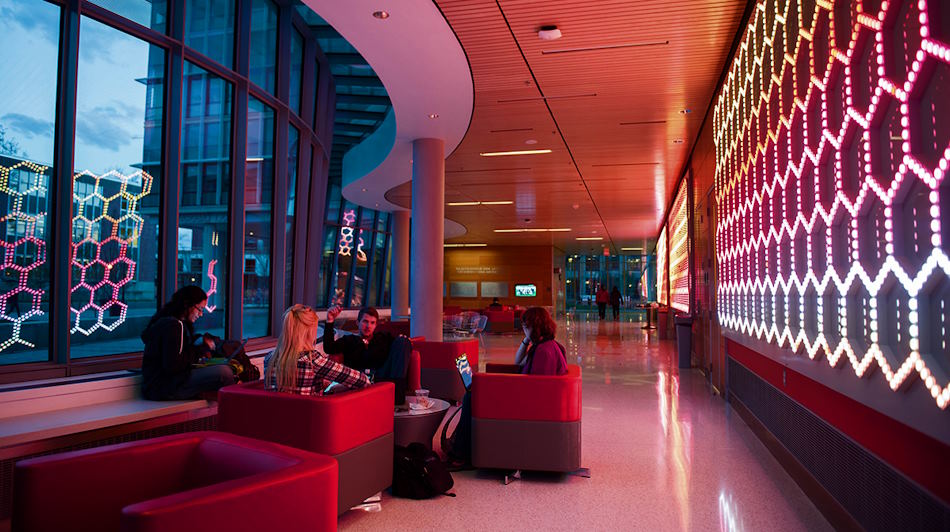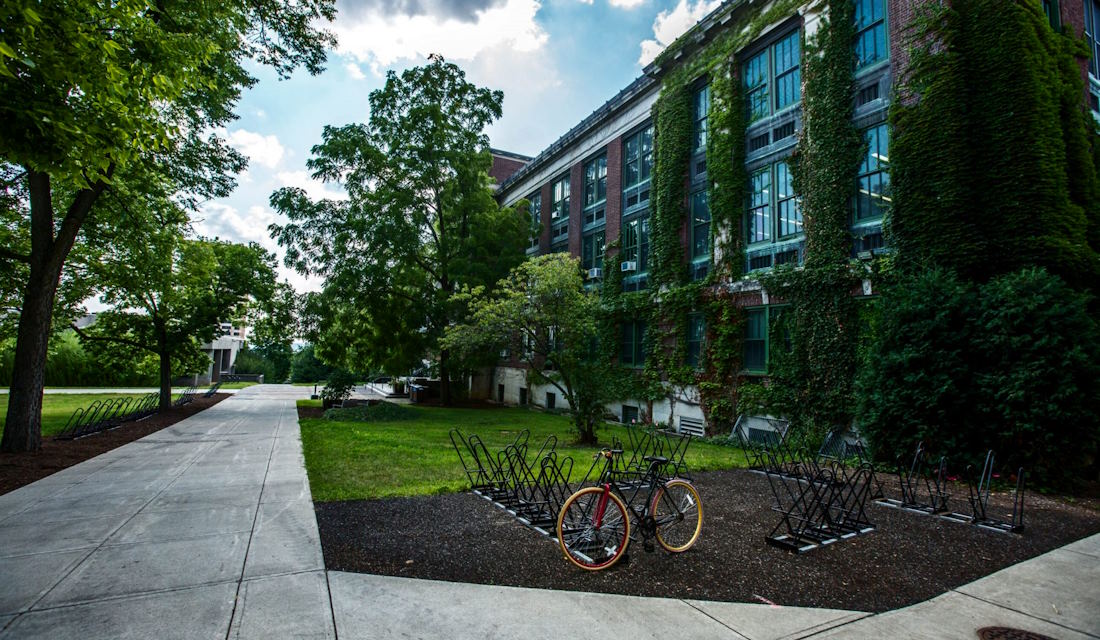
Exploring Different Study Spaces on Campus for Maximum Productivity
As the demands of academic life continue to evolve, so does the need for versatile and effective study environments. Beyond the traditional library setting, today’s students have a plethora of options to choose from when seeking the ideal space to delve into coursework, projects, and research. From the serene solitude of quiet corners to the collaborative energy of shared workspaces, this exploration will guide students in navigating the diverse array of study spaces on campus.
Library Spaces
The library stands as an iconic hub of academia, offering a variety of study spaces tailored to different preferences and needs. Quiet study areas, such as individual study carrels and silent reading rooms, provide a serene environment for deep concentration. Here, the soft rustling of pages turning and the muted taps of keyboards create an atmosphere conducive to solitary study. On the other hand, collaborative spaces like group study rooms and open work areas cater to those who thrive in a more interactive setting. Access to a wealth of books, research materials, and library services further enhances the appeal of library study spaces, making them a cornerstone of academic life on campus.
Campus Cafes and Coffee Shops
For those seeking a more relaxed and informal study environment, campus cafes and coffee shops offer a welcoming alternative. The ambient hum of conversation, coupled with the aroma of freshly brewed coffee, creates a cozy atmosphere that many students find conducive to creativity and focus. However, it’s essential to strike a balance, as excessive noise can become a distraction. Cafes with designated study zones or quieter corners provide the best of both worlds, allowing students to benefit from the social energy while maintaining a productive work pace. Additionally, the availability of refreshments ensures that students can fuel their minds as they dive into their academic pursuits.

Outdoor Study Areas
Venturing beyond the walls of traditional study spaces, the great outdoors beckons as a refreshing and invigorating alternative. Outdoor study areas provide a change of scenery, allowing students to breathe in fresh air and soak in natural light. Whether it’s a courtyard, a garden, or a quiet bench under a tree, these spaces offer a connection with nature that can rejuvenate the mind. However, considerations for weather and seasonality are crucial. Adapting study habits to different weather conditions and finding outdoor spaces suitable for various seasons ensures that students can capitalize on the benefits of studying al fresco year-round.
Specialized Academic Spaces
For students immersed in specific disciplines, specialized academic spaces play a pivotal role in enhancing their learning experience. Laboratories and research facilities provide access to equipment and resources tailored to scientific and experimental studies. Computer labs, on the other hand, offer quiet spaces for computer-based work, with technical support readily available. These specialized environments not only facilitate focused learning but also foster a sense of community among students sharing similar academic interests. Navigating these spaces effectively can be a key factor in academic success for those pursuing discipline-specific studies.

Dormitory and Residence Hall Spaces
Beyond the academic buildings, dormitories and residence halls offer unique study environments, especially for those who seek a balance between social life and academics. Personal study spaces within dorm rooms provide the convenience of a home-like atmosphere, allowing students to create their own study havens. Common areas within dorms also serve as collaborative spaces for group study sessions, fostering a sense of community among residents. Striking the right balance between personal study time and social engagement within the dormitory setting is crucial for a holistic college experience.
Tips for Maximizing Productivity in Any Study Space
As students navigate the diverse array of study spaces on campus, a set of essential tips can help them make the most of their chosen environment. Effective time management strategies, such as creating a study schedule and setting realistic goals, lay the foundation for productive study sessions. Minimizing distractions, both digital and environmental, is paramount for maintaining focus. Techniques like digital detox and finding quiet corners in any space can aid in creating a conducive study environment. Additionally, paying attention to ergonomics and comfort, from adjusting seating to optimizing lighting conditions, ensures that the physical aspects of the study space enhance rather than hinder the learning experience.







